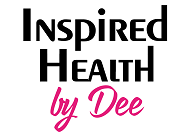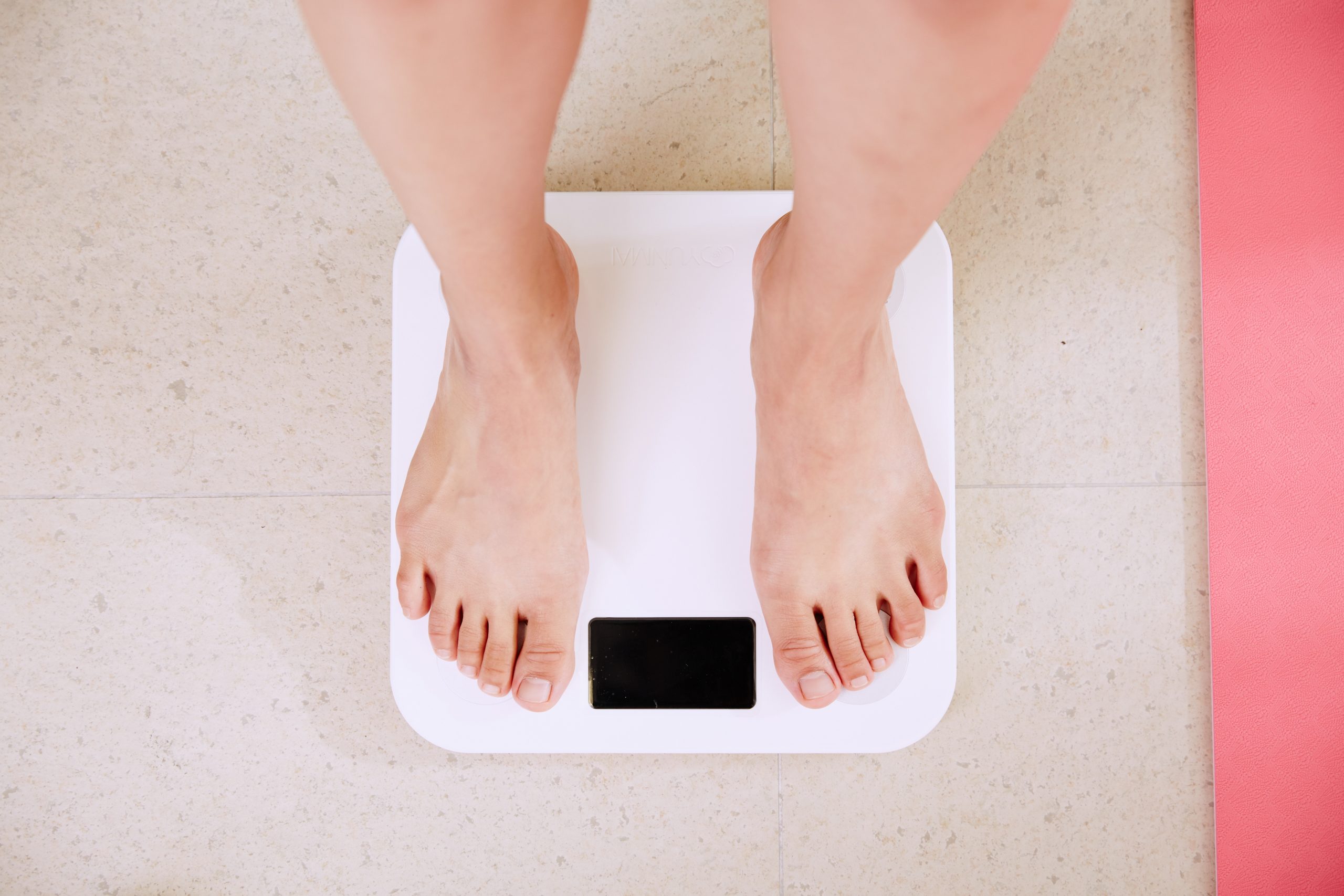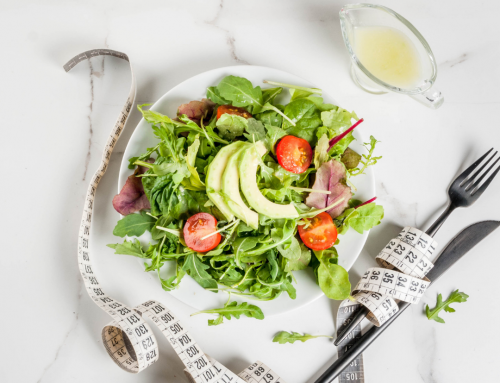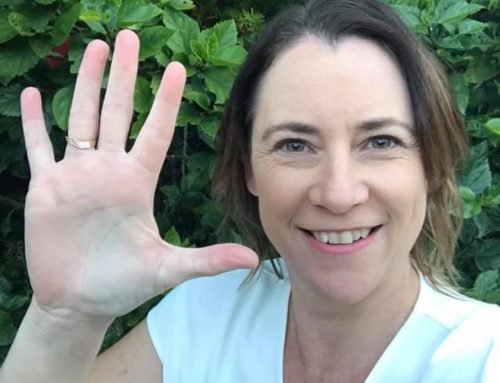The Pros & Cons of Trending Diets.
With the New Year comes the motivation to kickstart your health, eat well and maintain a healthy weight. But are the popular diets all they’re cracked up to be? Every time you read a magazine, there’s a celebrity talking about the latest diet that transformed their body overnight. But they often don’t mention that diets have downsides along with the perks.
Ketogenic Diet
An overview
A ketogenic diet is a very low carbohydrate diet. People following a ketogenic diet will typically consume less than 50g of carbohydrate per day. Some will even reduce to 30g or less. The aim of a ketogenic diet is to switch the body’s energy system from burning sugar to burning ketones, which are created in the liver using fats.
The benefits
- A ketogenic diet will include plenty of fats and a good amount of protein, which will keep you feeling fuller for longer and balance your energy levels.
- You will likely consume more high-fibre vegetables and low-carbohydrate fruits such as berries.
- Fat loss.
- Mental clarity once the body switches to fat for an energy source.
- Reduced cravings and appetite.
The downsides
- Because you are eliminating a lot of carbohydrate, you may not consume enough fibre to maintain a healthy, happy gut.
- Some people struggle to consume enough electrolytes such as sodium and potassium, and may need to use supplements.
- Restricting a macronutrient to the extreme may be triggering for someone with a history of disordered eating.
- Athletes in explosive sports or people who lift weights competitively may not do well with a ketogenic diet, as it may inhibit their performance.
Intermittent Fasting
An overview
Intermittent fasting is not a ‘diet’, per se. It is a type of eating pattern where you limit your calorie intake to a specific time window during the day or over the week.
The most popular form is a 16/8 approach – fasting for 16hrs per day, and then consuming all of your calories within an 8-hour period. There are also diet approaches that ‘mimic’ the benefits of fasting, such as the 5:2 diet.
The benefits
- Intermittent fasting may help to balance blood sugars and support weight loss
- Many people report having improvements in concentration and energy levels
- Short-term fasting (under 24hrs) does not appear to increase hunger or cravings
- It can be used in conjunction with healthy eating to aid weight loss and other health-related goals
The downsides
- Restricting food times like this could be a potential trigger for someone with a history of eating disorders.
- This approach is about food timing, not quality. You could intermittent fast on a diet of McDonalds and Krispy Kreme! To reap the most benefits, it should be combined with a balanced wholefood-based diet.
Paleo Diet
An overview
Made popular in Australia thanks to media personalities like Pete Evans, a Paleo diet eliminates the foods that have been grown since humans turned to farming for food. To put it simply, it will remove seed oils, grains, legumes and dairy. The diet is focused on fruit, veg, nuts, seeds and quality protein.
The benefits
- As most junk food and processed foods contain one or more off-limits foods, you are likely to reduce your intake.
- Fruit and vegetables make up a big part of a Paleo diet, so you’re likely to eat plenty of those.
- As refined carbohydrates are removed, you will have more balanced blood sugars and steady energy levels.
The downsides
- Paleo eliminates other nutritious foods such as legumes. These sorts of foods only need to be eliminated if you are intolerant, so if you are fine with them, there’s no need to remove them.
- Paleo can still include a lot of processed foods such as raw treats made with dates. These are fine in moderation, but if you consume them frequently, you will still be consuming excess amounts of sugar.
- An unbalanced Paleo approach can mean eating too much animal protein and not enough plant foods.
- Eliminating multiple food groups may be triggering for someone with a history of disordered eating.
Veganism
An overview
A vegan diet is one that excludes all animal-based and animal derived products. This means that it doesn’t just avoid meat and fish, but also eggs, dairy and even honey.
The benefits
- When following a vegan diet, you are more likely to be consuming more nutritious foods, including fruit, vegetables, nuts, seeds and legumes.
- Because many processed foods contain animal-derived products, you’re likely to reduce the amount of processed foods that you consume.
The downsides
- Because many food groups are excluded on a vegan diet, there is a higher likelihood of nutritional deficiencies occurring. Iron, zinc, vitamin B12 and omega-3 fatty acids are all nutrients that can be deficient in a plant-based diet. You may need to work with a practitioner or even take supplements to prevent deficiencies.
- There are still plenty of processed foods that are vegan. For example, Oreos are vegan! So just because you are eating a vegan diet doesn’t mean that you can’t eat a diet high in processed foods.
- Eliminating multiple food groups may be triggering for someone with a history of disordered eating
Personally, I believe that the best diet is the one that is matched with your health goals, body, exercise and lifestyle. There is no point doing fasting if you get up early (like me) and need your energy in the mornings more than the night. Likewise, there is no point in doing keto if you feel sick if you eat too much animal products and fats.
There is no point in copying a diet that worked for someone else. Diets don’t work that way. The best approach is to see a practitioner, like me who can work out a personalised plan that takes your exercise into account, budget, lifestyle and gets you achieving your goals. The best diet approach is one that is tailored to your body and lifestyle. Let’s work together in my Health Clinic and design a plan for you. Book now.
I have recently added a new consultation type called Health Coaching. This is slightly different to our traditional naturopathic consultations and includes more goal setting and strategy setting rather than meal planning and treatment protocols. It’s more about guiding you to find the answers to help you achieve your health, fitness and fat loss goals. It taps more into my Personal Training background and the consults can be done over the phone or if you are local to the inner-west sydney then a local cafe. Book Now with Denise Harvey
For more tips on self-care and wellbeing, download your free E-Book ‘10 Things you can do to feel energised and on Track with your Health.’
To book a Discovery Call with me and chat about how I can help you get started in your Endometriosis Management Journey Click here.
If you are ready to get started then here is the link to book straight into a Initial Consultation for the Gut Restore Program. This is a 6-8 week Program that addresses the inflammation side of the Endometriosis. Click Here to Book.
If you are just at the start of your journey and would like more information about Gut Health then here is the link to download my Endo Gut Health book which explains a little of the link of Endometriosis & the Gut Health as well as some yummy recipes!
Dee x







Leave A Comment